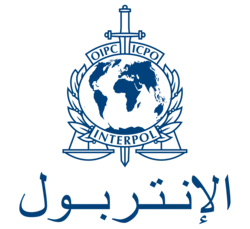LYON, France – Two men suspected of being members of a gang believed responsible for a series of worldwide jewellery robberies worth over 100 million EUR have been arrested in Monaco after a police officer identified them from a photo circulated by INTERPOL.
The men, a 27-year-old Serbian national and 30-year-old Dusko Poznan from Bosnia and Herzegovina who is the subject of an INTERPOL Red Notice, or international wanted persons’ notice, were detained by police on Wednesday 15 October. Both are thought to be part of a transnational crime group dubbed the ‘Pink Panthers’ which is linked to at least 100 high-value armed robberies in nearly 20 countries.
Photographs of key members of the ‘Pink Panthers’ had been circulated amongst the INTERPOL member countries targeted by the gang. The INTERPOL National Central Bureau in Monaco had then distributed the images to law enforcement throughout the principality.
One of the men was arrested after being involved in a car accident and when the police officer arrived at the hospital to take his statement, he recognized him from the posters and images which had been circulated to all police stations. The second man was arrested shortly afterwards.
“This result is a perfect demonstration of what can be achieved through member countries sharing identifying information such as photographs, fingerprints and DNA via INTERPOL,” said INTERPOL Secretary General Ronald K. Noble.
“But even more importantly, NCB Monaco ensured that police on the street were informed which in turn enabled this officer to do his job, and his vigilance in particular should be commended,” said Mr Noble.
“These arrests again demonstrate that this type of global crime is best fought using the global tools provided by INTERPOL to its 187 member countries,” concluded the Secretary General.
Following the arrest, NCB Monaco checked both men’s details against INTERPOL’s databases and confirmed that they were both wanted by several countries, including Switzerland, Liechtenstein and the United Arab Emirates for a range of offences including armed robbery



